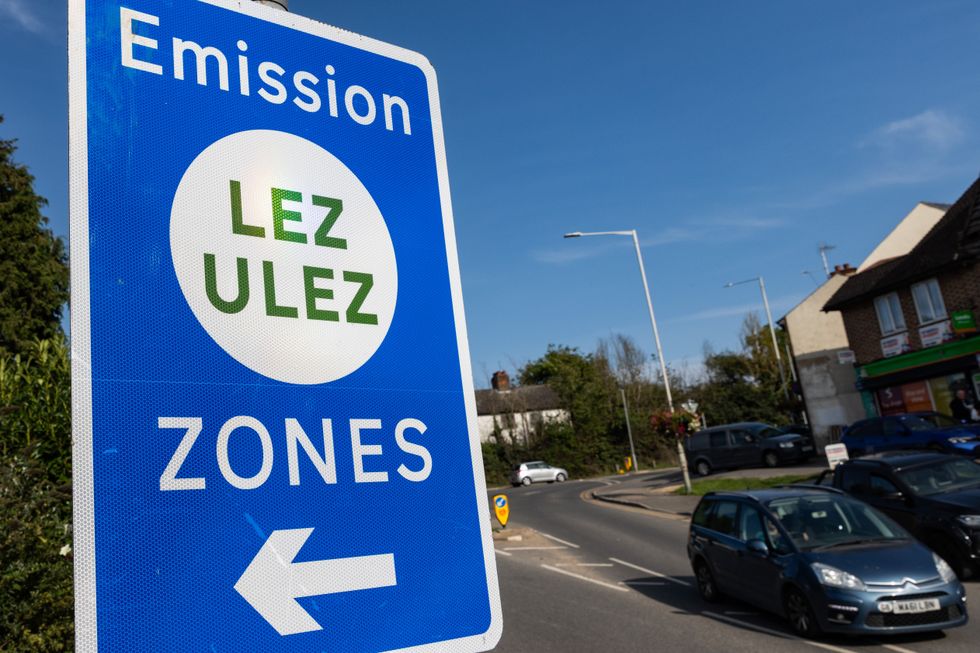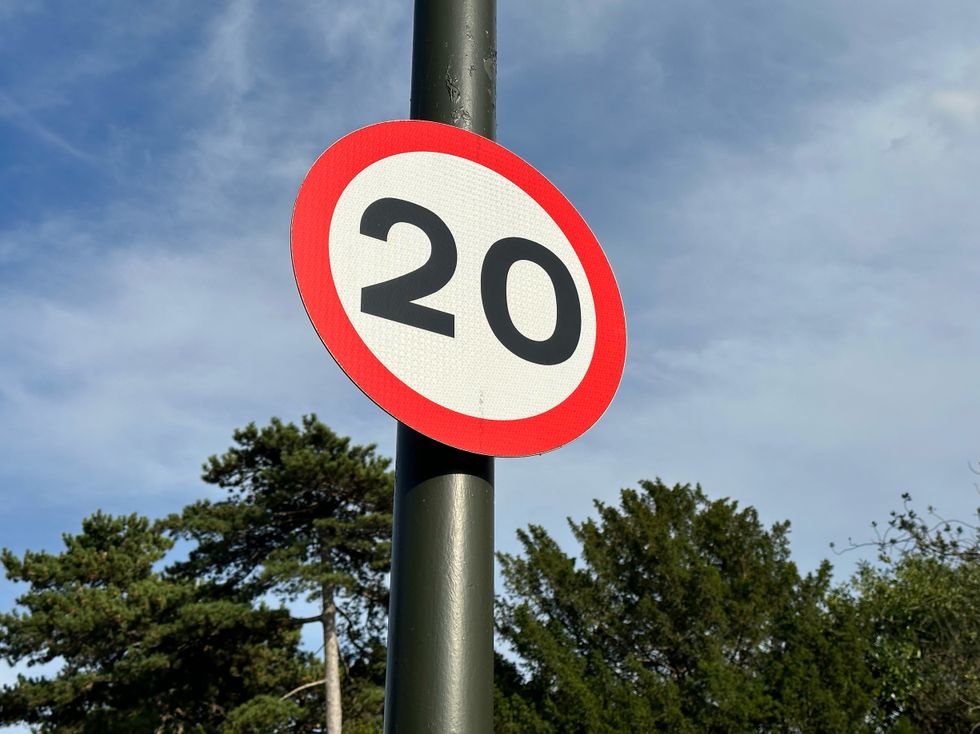Six driving changes you may have missed in 2023 that could land you with BIG fines

Six driving changes you may have missed in 2023 that could land you with BIG fines
|Getty

This includes Ulez and 20mph zones
Don't Miss
Most Read
Latest
A collection of new laws have been put into place for motorists over the last 12 months which may have flown under the radar for many motorists.
From the Ulez expansion to new 20mph zones, some of these new laws can come with big fines.
Some of these may impact motorists, especially for those who will be driving home for Christmas.
Here's a round-up of seven of the new laws that have come into effect on British roads in 2023.
WATCH NOW: The Dewbs and Co. panel debate the 20mph speed limit
ULEZ changes
The Ultra Low Emission Zone (ULEZ) was extended to all of London's boroughs back in August.
The zone was first launched by former London Mayor Boris Johnson but was officially introduced in April 2019 by current Mayor Sadiq Khan to help combat London’s poor air quality.
It initially included parts of Central London, but from August it will now cover all 33 boroughs and operate for 24 hours a day.
According to the TFL website, more than four out of five vehicles currently meet the emission standards. If your vehicle does not meet the standard of the ULEZ, then you could face a fine of £180, however, this drops to £90 if paid within 14 days.
LATEST DEVELOPMENTS:

The Ulez scheme has proved controversial
|Getty
WALES SPEED LIMITS
In Wales, drivers saw speed limits on all residential roads cut from 30mph to 20mph in September. The Welsh Government passed a law in 2022 to introduce 20mph as the default speed limit in a bid to improve road safety in the country.
Alongside this, the Welsh Government hopes to improve air quality and reduce noise pollution as well as encourage healthier lifestyles of Welsh residents.
DRIVING LICENCE CHANGES
The British driving licence is no longer considered valid for driving in Spain. This follows an agreement between the UK and Spain on March 15 on driving licence exchange.
The agreement gave UK licence holders living in Spain six months to swap their UK licence for a Spanish one without needing to take a practical or theory test.

Residential roads in Wales are now 20mph
|Getty
SCOTLAND PARKING
Drivers in Scotland are now banned from parking on the pavement this year, and local authorities will start issuing fines from December 11.
The ban sets out to tackle "inconsiderate and obstructive" parking and aims to make pavements and roads more accessible for everybody. Anyone who fails to follow the rules and parks their vehicle on the pavement, blocking the way for wheelchairs and prams, will be given 14 days to pay an original fine of £50.
HGV LEVY
All heavy goods vehicles weighing over 12 tonnes now need to pay a levy cost for the wear and tear on the roads.
Specifically, the new Levy applies to "main roads" which the Government says includes those that start with "A" or "M".
HIGHWAY CODE RULES
New legislation was also brought in by the Highway Code.
The legislation now makes it clear that drivers caught using or even holding their phones will receive a fine of up to £200 and six points on their licence.










